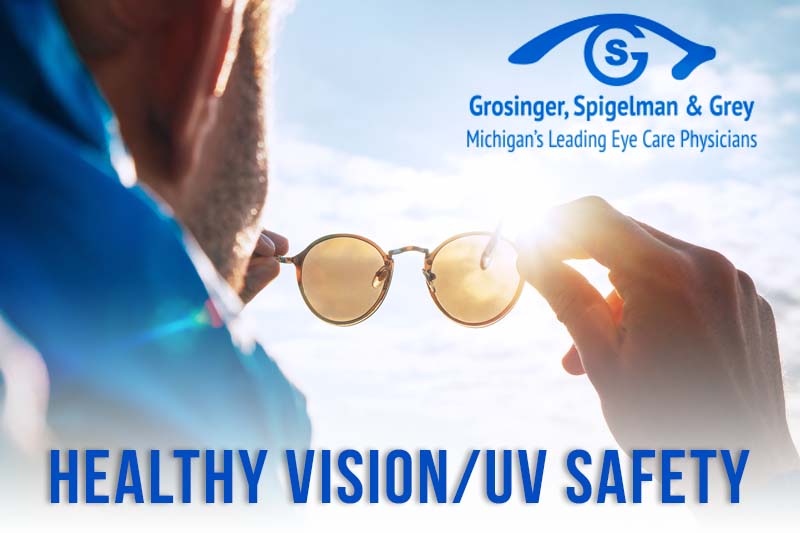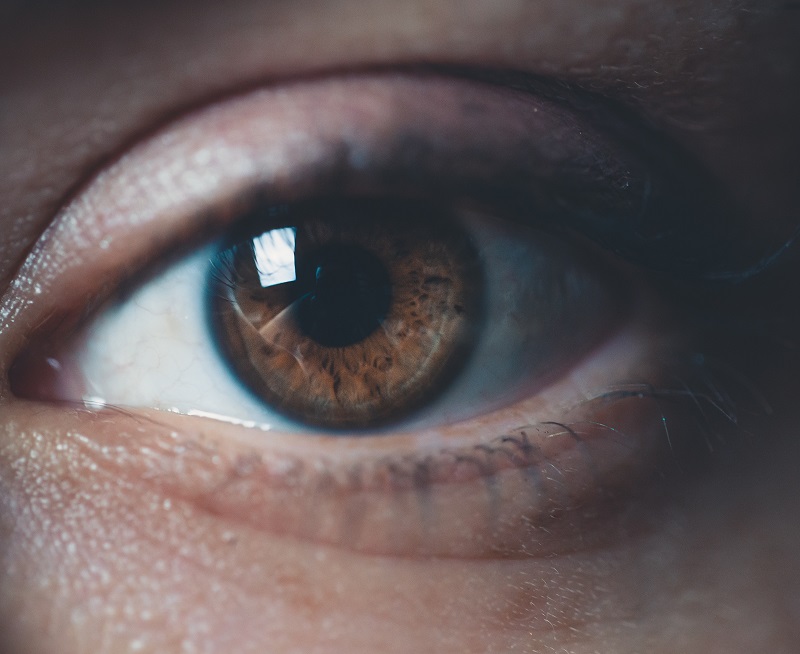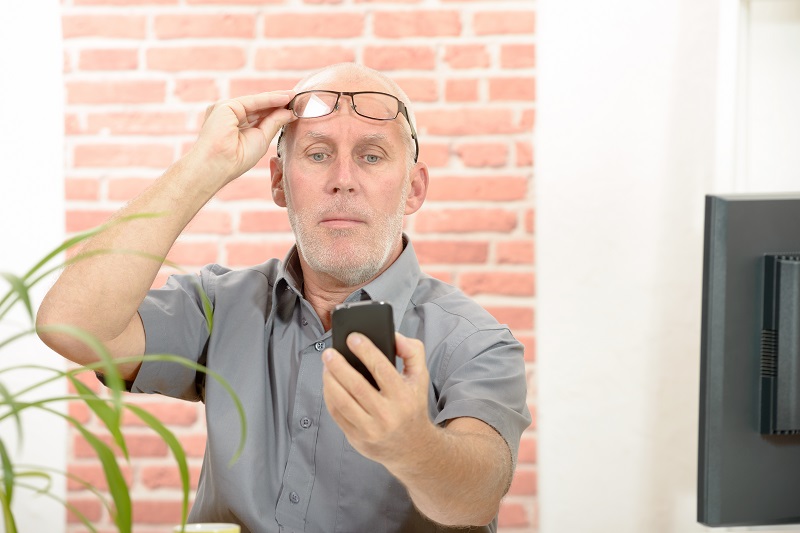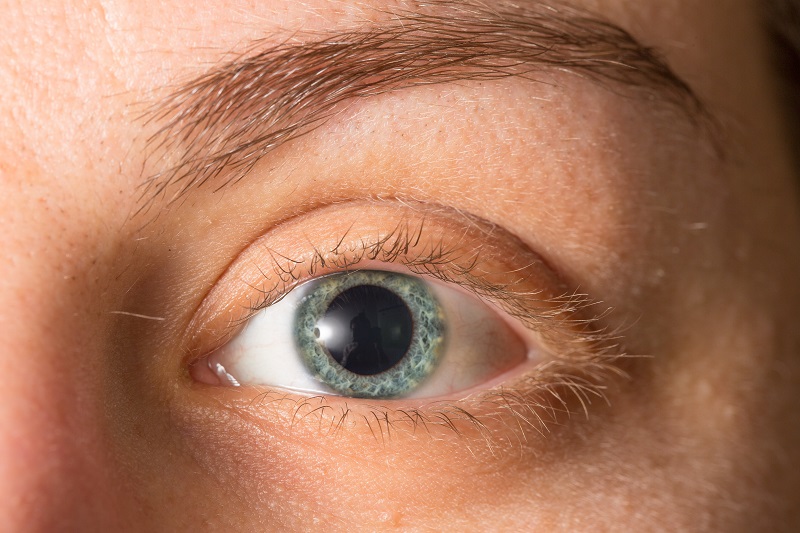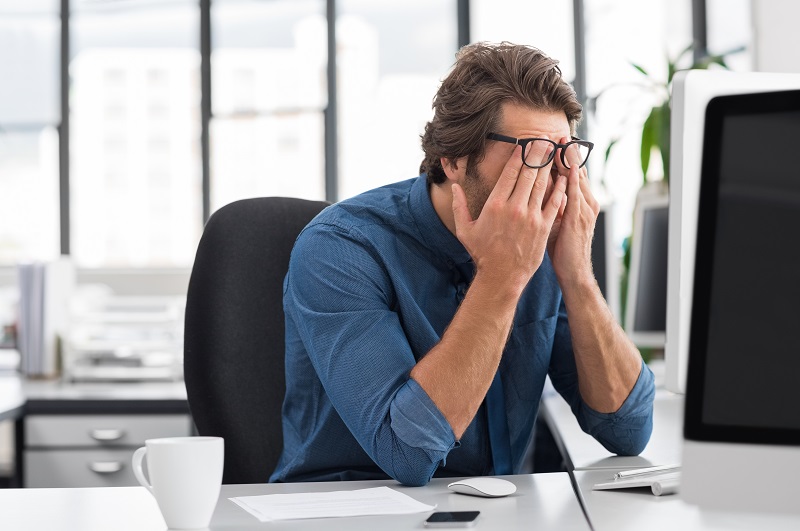Most people are aware that they need to take care of their physical health, mental health, and even dental health, but what sometimes goes unnoticed is vision health.
Taking care of your eyes is just as important as taking care of the rest of you. Just like your skin, your eyes must be protected from UV rays. Always wear a hat and sunglasses with UV protection when outdoors.
Several eye diseases go unnoticed until they have progressed. Some of these eye diseases can be caused by other health troubles such as diabetes or high blood pressure.
Getting an annual eye exam from your ophthalmologist is the only way to keep up with your vision health and make sure you catch any diseases before they cause partial or total blindness.
During an eye exam, your doctor will test your eye alignment, visual sharpness, your depth perception, and eye movement. They will then dilate your eyes so they can look into them and get a better idea if any other eye diseases are looming.
Once the exam is complete, they will make recommendations on how to treat any abnormalities they find and provide education on preventing further degradation.
There are a few populations who are especially at risk for various eye diseases. As stated before, people with diabetes can have increased trouble with their eyes. Additionally, some people are at additional risk for glaucoma, specifically Mexican Americans 60 or older, African Americans 40 or older, and the general population 60 or older.
If you are ready to take charge of your vision health, contact Grosinger, Spigelman, and Grey, Michigan’s leading eye care physicians, today!

